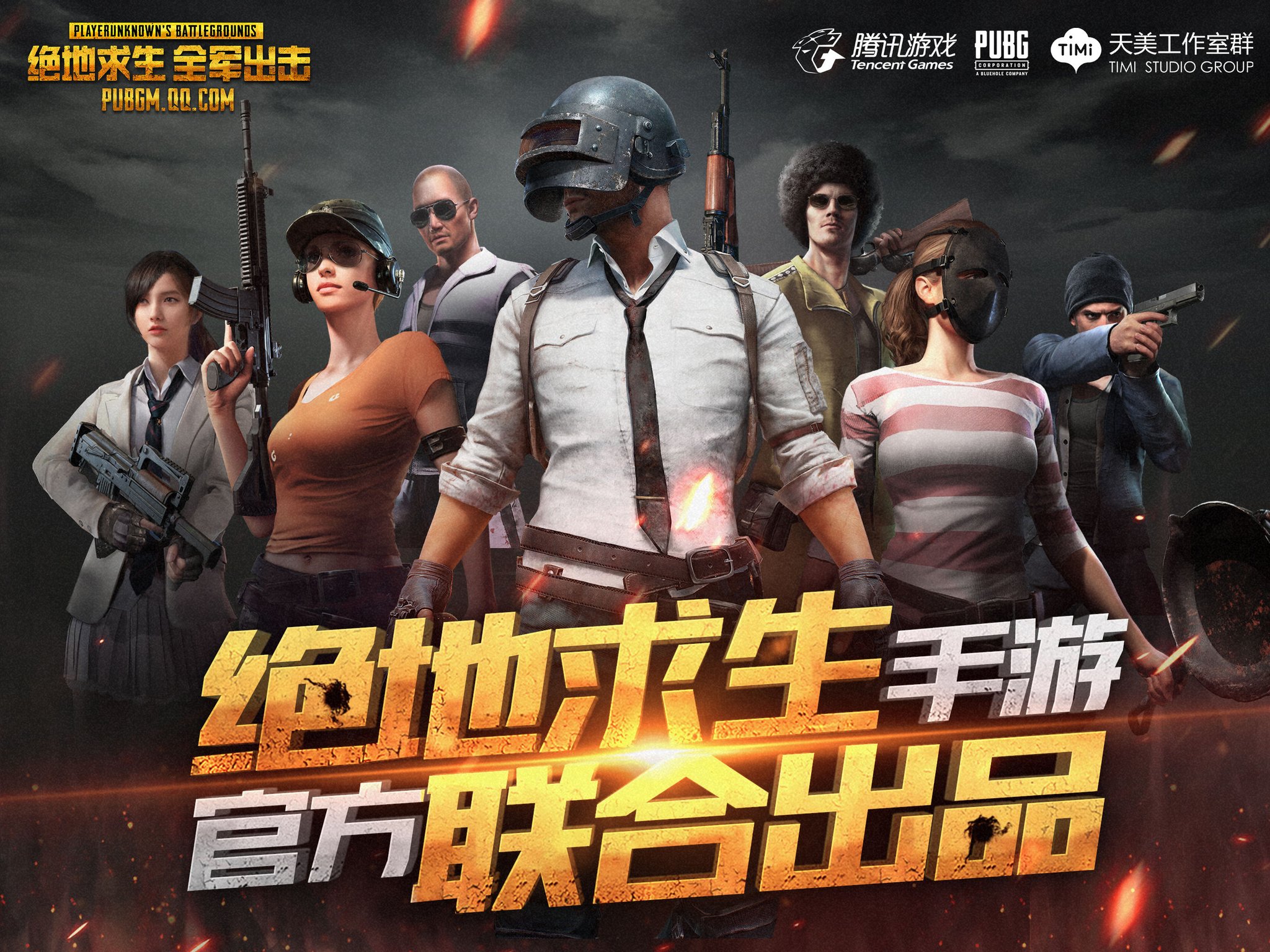Tencent pulled the mobile test version of PUBG in China. The online blockbuster never received the monetization approval from the government.

Tencent became PUBG’s publisher in November 2017. Since then, the company has been waiting for the Chinese government to grant approval for the game’s monetization via in-app purchases. To meet the regulatory requirements, the publisher had to alter some aspects of PUBG, but after a year of waiting, it decided to end the testing.
This is not quite the end of the story, though. With PUBG itself out of the picture, Tencent launched an anti-terrorism-themed battle royale title Game for Peace. This project had no problem receiving the sales approval from the government.
The thing is, Game for Peace, essentially, is PUBG in the socialist guise.
“It’s almost exactly the same,” said IHS Markit games analyst Cui Chenyu . “The game play, the background, the graphic design and the characters, they’re almost the same.” When starting Game for Peace, Weibo users found themselves at places very similar to where they left off in mobile PUBG. Even the gaming history, along with all the stats, was transferred from PUBG.
Tencent, however, informed Reuters that “they are very different genres of games.” The new battle royale pays tribute to the Chinese air force. In another notable change, this reincarnation of PUBG lacks the gore the original is famous for. “When you shoot people, they don’t bleed, and the dead get up and wave goodbye!” said a Weibo user.
PUBG had approximately 70 million average daily active users in China. Once these players migrate to the new title, Tencent can expect Game for Peace to generate up to $1.48 billion in annual revenue.
The new game is available to Android mobile users aged 16 and above.
